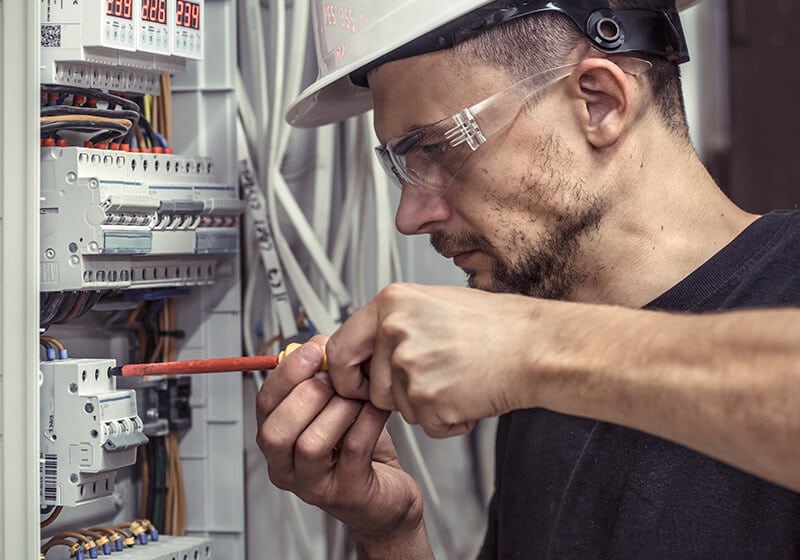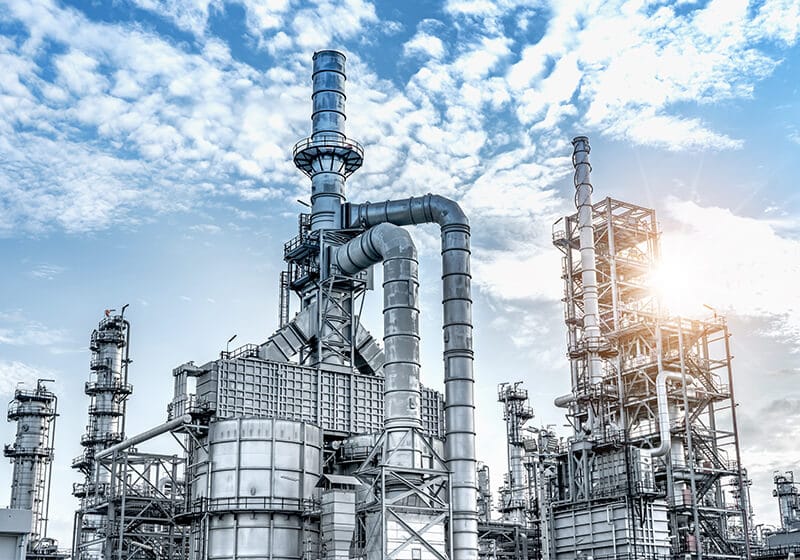
The UK has a medical industry we can all be proud of. As well as our phenomenal NHS, we also have impressive private clinics and hospitals, some of the finest medical teaching facilities in the world, and a network of auxiliary industries that form an essential part of the sector’s infrastructure. In order to keep it all running effectively, the medical industry requires quality equipment constructed from first-rate electroplated components.
Electroplating in the medical sector

Whereas many industries require plated components for similar reasons – commonly corrosion, wear, and friction resistance – the medical industry poses some unique problems that can only be solved with the right electroplating solution. Here at Karas Plating, we employ an extensive range of plating techniques and are always on hand to offer our expert advice, where needed.
Why is electroplating so essential to the medical industry? Here new some of the key reasons:

Biocompatibility

Gold is a very useful metal in the medical sector, often used in precision electronic instruments thanks to its excellent conductive properties. However, it is also an inert metal and does not react harmfully with human tissue. This is major consideration for many medical applications. It makes it the ideal plating choice for medical implants, like artery stents and pacemakers, as it poses no danger of infection for the patient.
Bacteria resistance

Another metal famed for its resistance to bacteria is copper. Unlike gold, it is not sufficiently inert to be utilised in internal implants. However, since it is microbe and bacteria-resistant, it is popular among manufacturers of laboratory and hospital equipment. Like gold, it has other properties that make it an attractive for medical apparatus, such as its conductivity and heat resistance.
Strength

Medical equipment is both expensive and in frequent use. To ensure it lasts as long as possible, many individual tools and components are plated with nickel to give them added durability. In addition to making these parts stronger, nickel also has impressive corrosion-resistance which only adds to the implements’ lifespan. Furthermore, nickel is an excellent undercoating for other plating methods including gold, silver, and copper. It is therefore often used as a foundation layer for other metals, providing a core of strength for the covering metal’s other properties.
Corrosion resistance and conductivity

We already mentioned this in our opening paragraph, but it holds true. While the medical sector demands certain electroplating properties that many industries don’t require, corrosion resistance and conductivity remain essential attributes for many of their components. We find a nickel/zinc alloy the best solution for the former, whilst gold and silver work very well for the latter.
Surface cleansing and passivation

An often unspoken part of the plating process is the preparation work that goes into many components. To ensure a tight bond with the substrate material, components are thoroughly cleaned to rid them of any contaminants. Whilst this is a common process here at Karas Plating, it is of particular significance in the medical sector, where the need for sterile tools and equipment is paramount.
Passivation is another technique we employ to help create a sterile surface for our medical clients. Used frequently on stainless steel components, it uses an acid solution to remove particles of iron from the steel’s surface. This creates an oxide layer over the steel substrate that inhibits rusting.
Other sectors we cover


When using metal plating techniques in the electrical and electronic sectors, the two key concerns are precision and conductivity. Often you have to risk one in order to benefit from the other. This is where our expertise comes in, balancing the pros and cons of each metal, in order to deliver electronic components that work the way you need them to.

Whether we’re talking about the National Grid, criss-crossing the country providing the nation with its electricity, or more renewable sources of power generation like wind turbines and solar panels, electroplating is essential to the power industry. Components undergo great pressure on a day-to-day basis and must be robust enough to withstand the strain.

The petrochemical industry produces essential items that we use everyday, from plastics, petroleum, and detergents to lubricants, asphalt, propane, and more. Raw materials are subjected to extreme heat and pressure throughout the refining process, so the machinery used to do so requires durable and reliable plating to get the job done.





